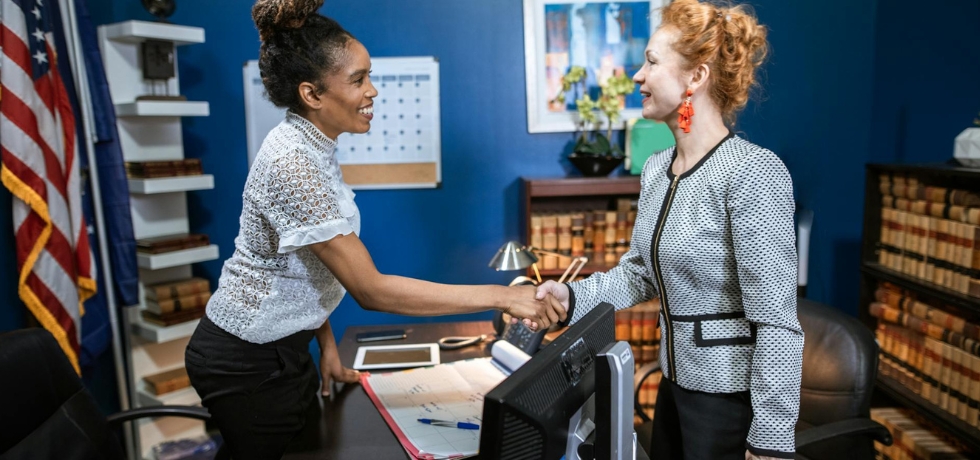The ability to negotiate is crucial for both our personal and professional life. Knowing how to negotiate well can help you save money, raise your income, and get better results whether you’re purchasing a car, negotiating a salary, or closing a business deal.
This blog post will discuss important tactics to strengthen your negotiating position and get the best deal possible in any circumstance.
Preparation is Key
Thorough Research
- Recognize market prices as of right now, rival products, and market trends
- Find out what the needs, motives, and possible leverage points of the other side are
- Clearly state your ultimate bottom line and the result you hope to achieve
- This keeps you from overcommitting and gives your negotiation a foundation
- Clearly state the contribution you make
- What special advantages or knowledge do you provide?
Establish rapport and trust
- Active Listening: Give careful consideration to the needs and worries of the other person.
Show real curiosity and ask clarifying questions. - Understanding and Empathy: Try to see yourself in the other person’s position.
Recognize their viewpoint and work for a win-win solution. - Open and Sincere Communication: Express your wants and expectations clearly.
Throughout the negotiation, keep your tone courteous and professional.
Exchange of Value and Leverage
- Determine Your Leverage Points: What special abilities, assets, or knowledge do you have that the other party is interested in? This could involve having a strong network, having unique information, or being able to meet deadlines.
- Present Your Offers as Value Exchanges: Pay attention to the value you offer rather than just asking for a reduced price. Offer to hasten a job in exchange for a lower fee, for instance.
- Be Prepared to Make Compromises: A give-and-take strategy is frequently necessary for successful negotiation. Be ready to safeguard your interests while making fair compromises.
Ongoing Education and Development
- Evaluate Your Performance: Following each negotiation, consider what worked and what could have been done better. Determine your areas of improvement and modify your strategy accordingly.
- Request Feedback: Get input on your negotiating abilities from mentors or dependable coworkers. You can improve your methods and discover your blind spots with the use of constructive criticism.
- Practice Often: Your comfort level and confidence will increase as you engage in more negotiations. Seek out chances to use your negotiating abilities in real-world scenarios.
You may regularly get the best results in both your personal and professional life and greatly increase your negotiating power by becoming proficient in these techniques. Keep in mind that although negotiating is a talent that takes time to master, the benefits can be significant.
Tags:
Pricing NegotiationAuthor - Aiswarya MR
With an experience in the field of writing for over 6 years, Aiswarya finds her passion in writing for various topics including technology, business, creativity, and leadership. She has contributed content to hospitality websites and magazines. She is currently looking forward to improving her horizon in technical and creative writing.
